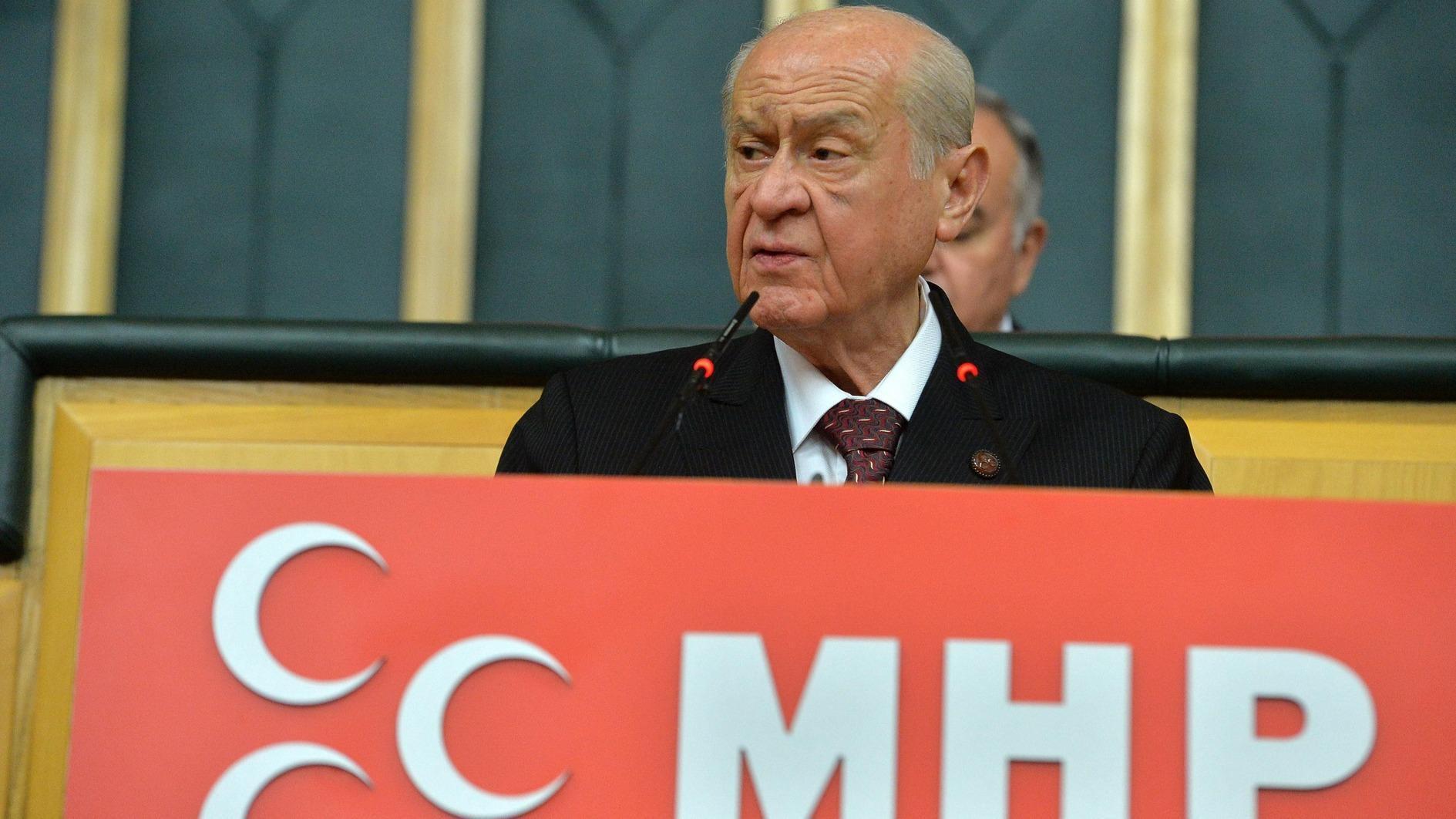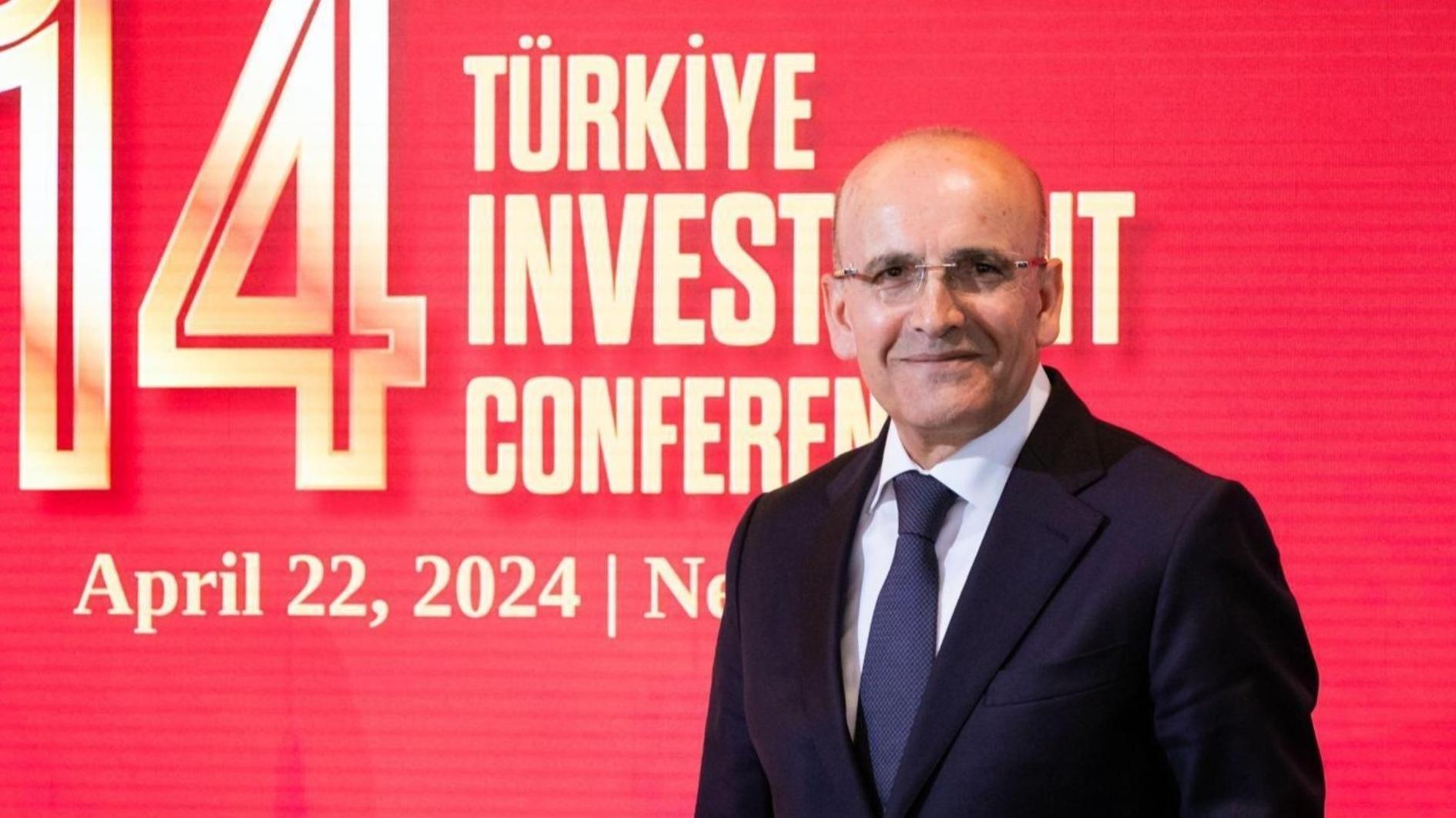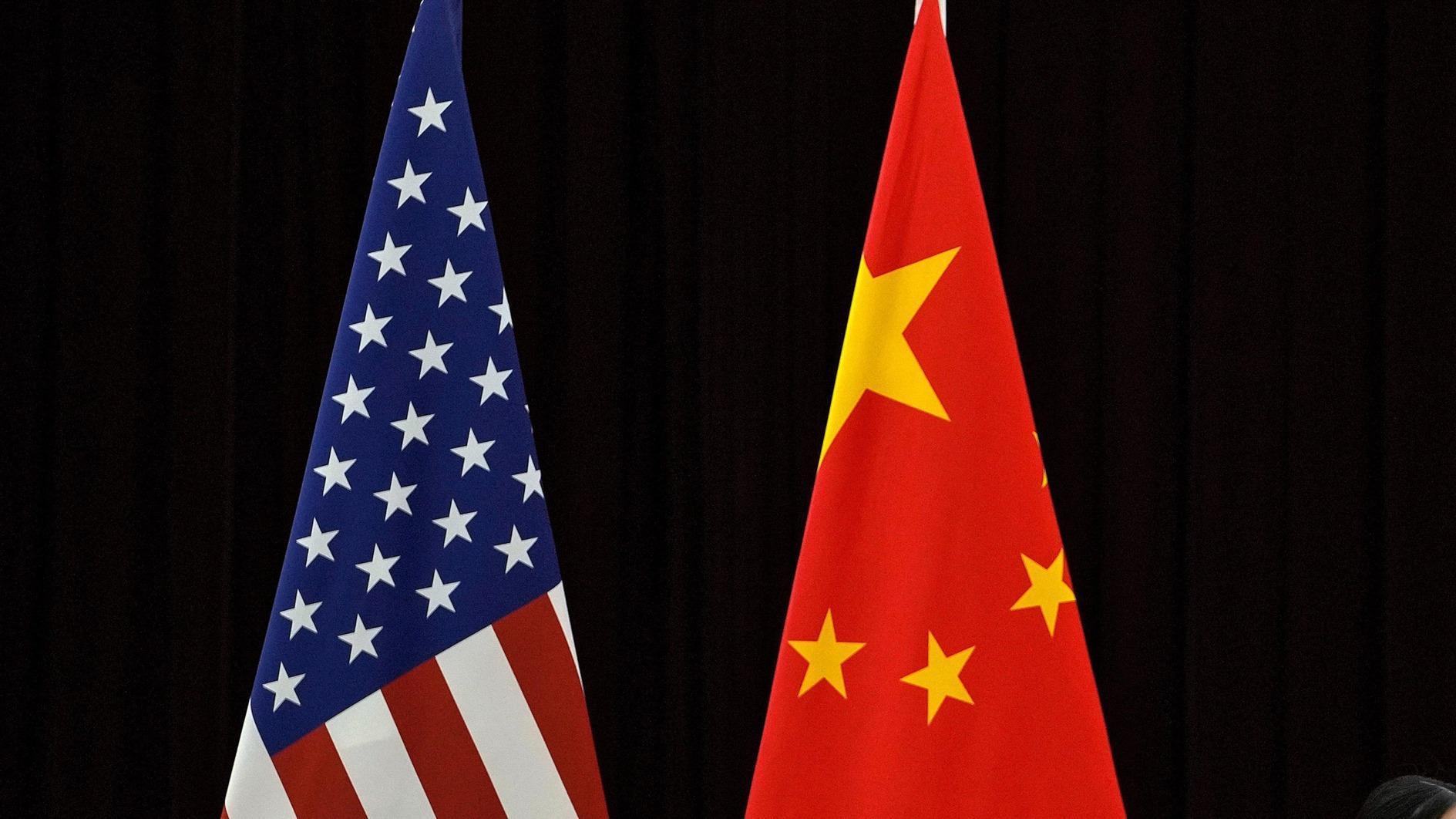Constitutional change and the Kurdish problem
These days, the PKK will be gradually withdrawing its militants. This process is expected to last until September. In order to understand how this process might unfold, one needs a closer look at the PKK’s political-military strategy and the Constitution-making process.
The withdrawal will stir two kinds of political process. The first kind will involve the regions left behind by the PKK militants. There, it will be important for the PKK to continue to control the people with new tools without succumbing to other sub-state actors. The second process will entail the increasing pressure on the prime minister regarding the political arrangements to be made after the withdrawal.
The government does not want to see a gunfight between the state security forces and the militants during the withdrawal. Therefore, certain restrictions have been imposed on the police forces, gendarmes and soldiers. In light of the PKK’s political-military strategy, this move offers great opportunities by enabling the PKK to exercise social control over masses that were previously beyond its reach. Its legal and illegal front organization will have to be more active to resist the Islamic Kurdish groups and traditional warlords as they attempt to fill the new authority vacuum. Meetings, demonstrations or elements acting like a parallel state structure are early signs of this process. The aim is to gain more legitimacy and consolidate popular support by having a greater number of PKK-sympathizer voters for the 2014 local elections.
The PKK evaluates the withdrawal from the perspective of its political-military strategy. In other words, the PKK never rules out the possibility of returning to those regions it is now leaving behind. Therefore, it will act according to the worst-case scenario. The scouts will covertly continue to reconnoiter the strategically important areas.
The PKK has also announced that it expects the government to take certain constitutional and legal measures after the withdrawal, measures that will make power-sharing possible. Nevertheless a recent statement by President Abdullah Gül, who noted that making a brand new Constitution is unlikely, points to a new dimension of the PKK problem. It seems that the government will not be able to give a timely response to the PKK’s demand for a new Constitution. Still, other legal arrangements are possible. There are two possible scenarios. First, Öcalan can show some understanding to the predicament of the government and patiently wait for better circumstances. Secondly, the process halts and the PKK militants return to their original locations. In both scenarios, Öcalan holds the aces.











